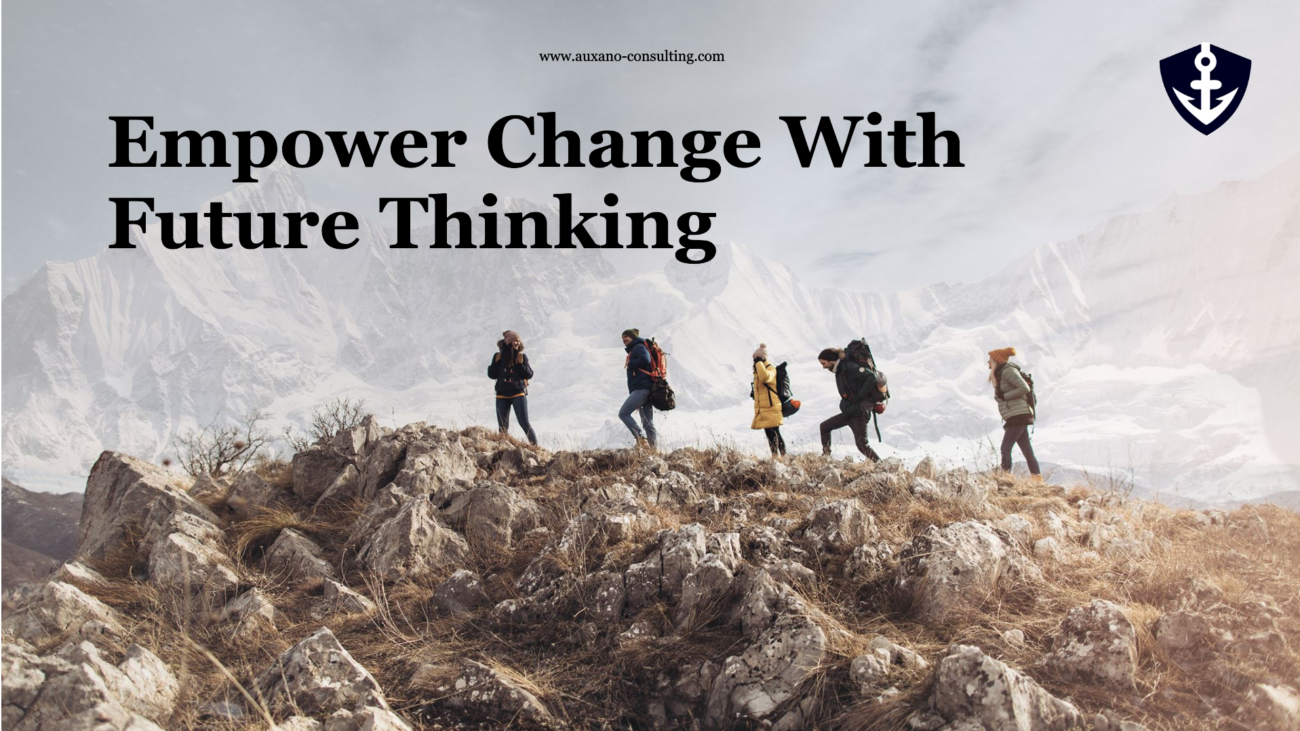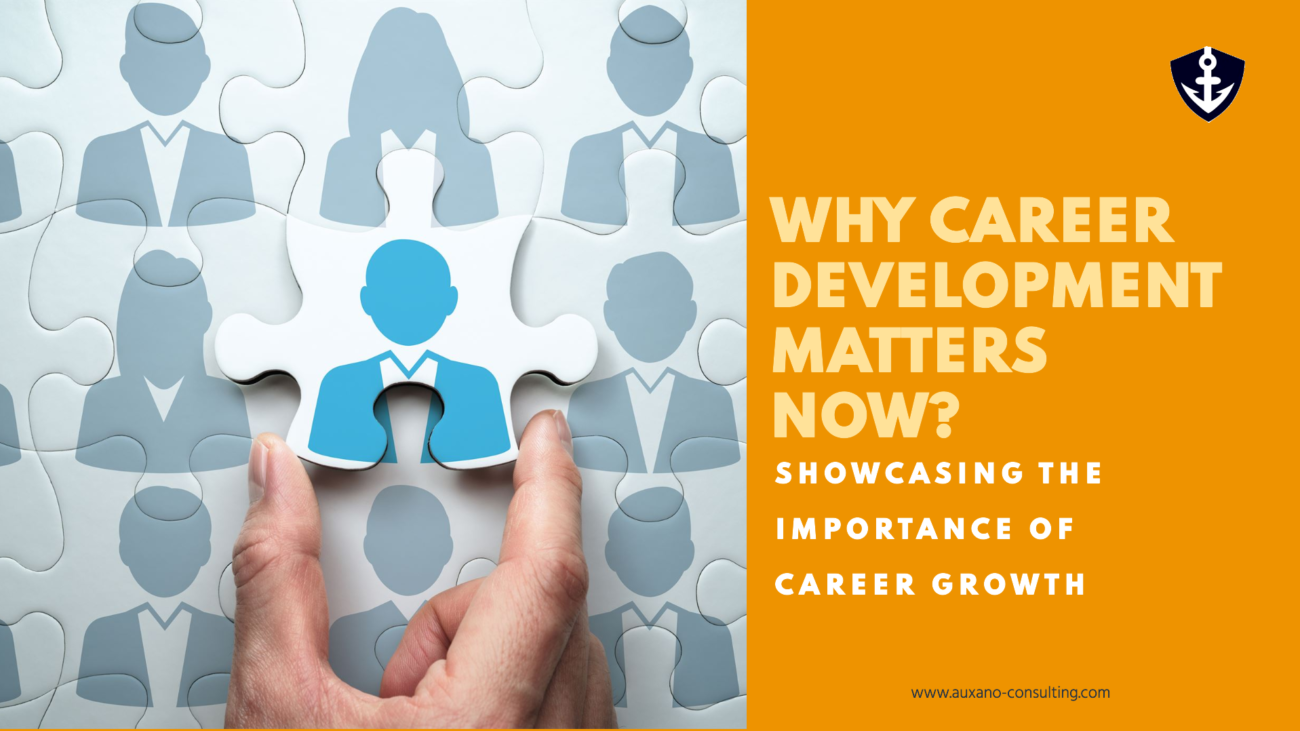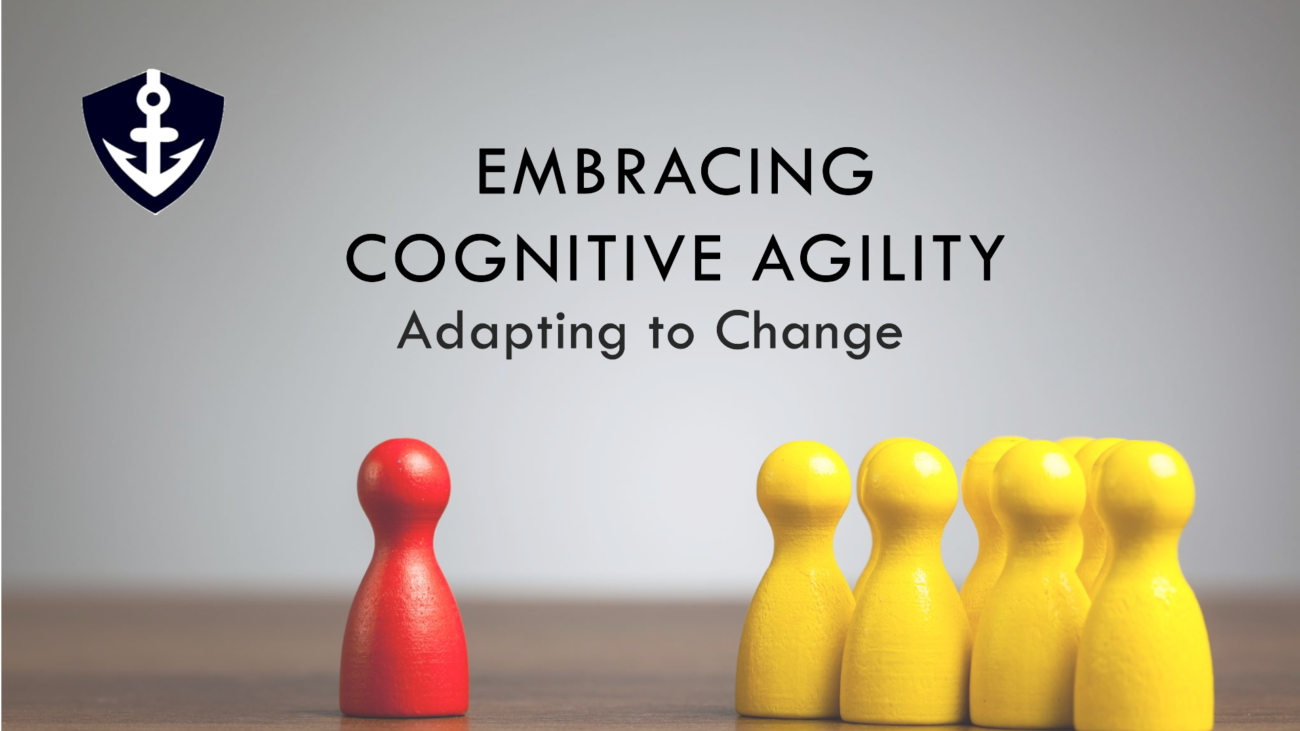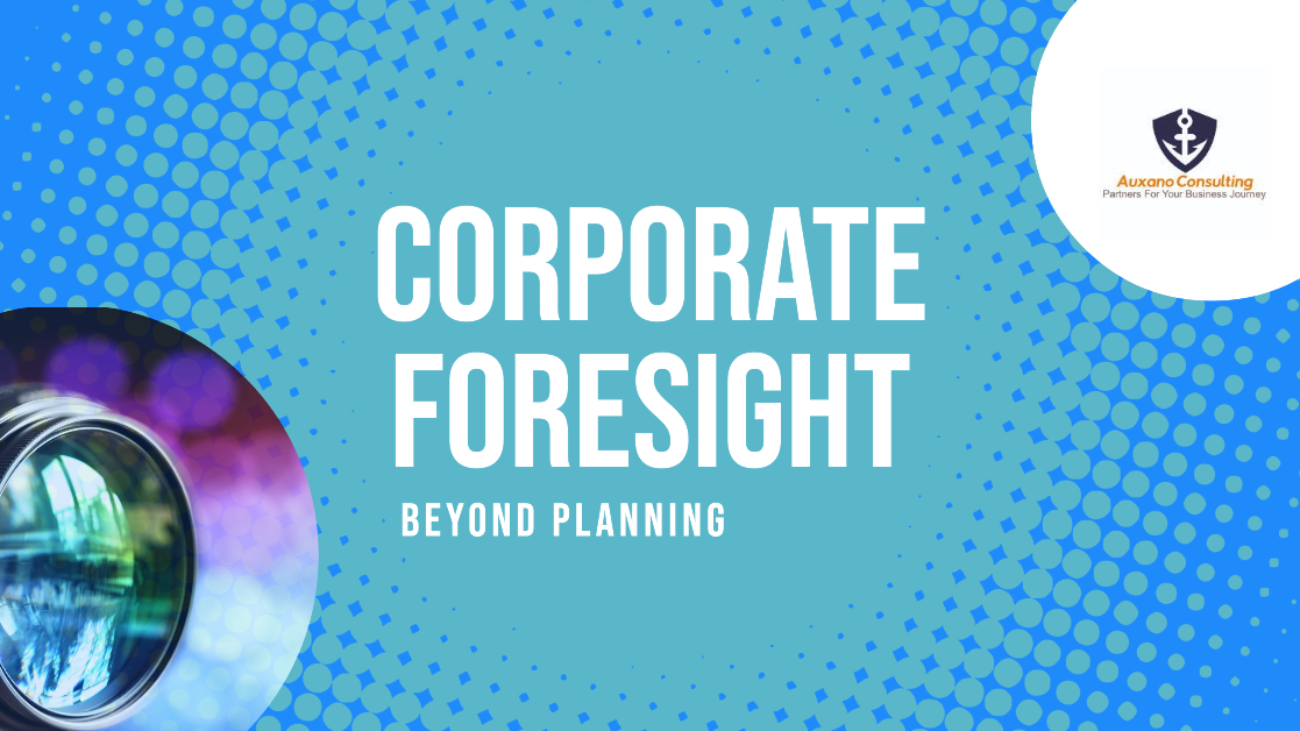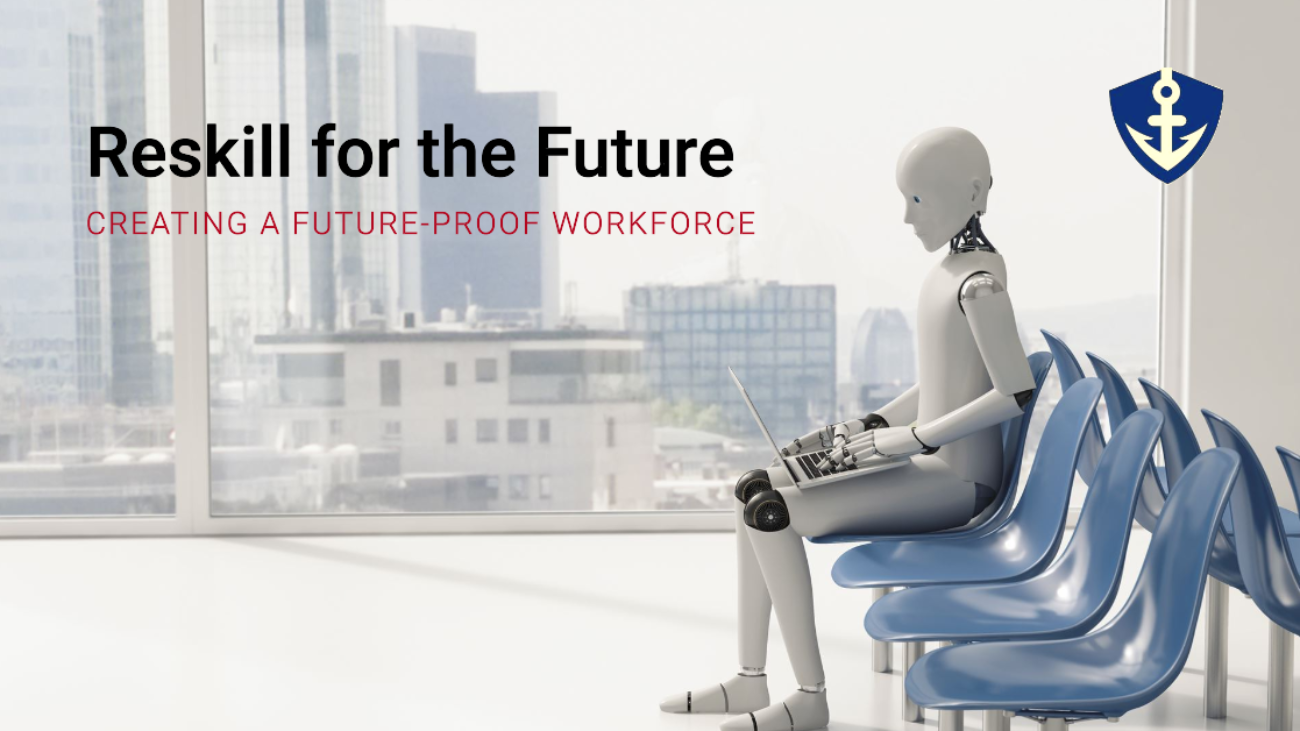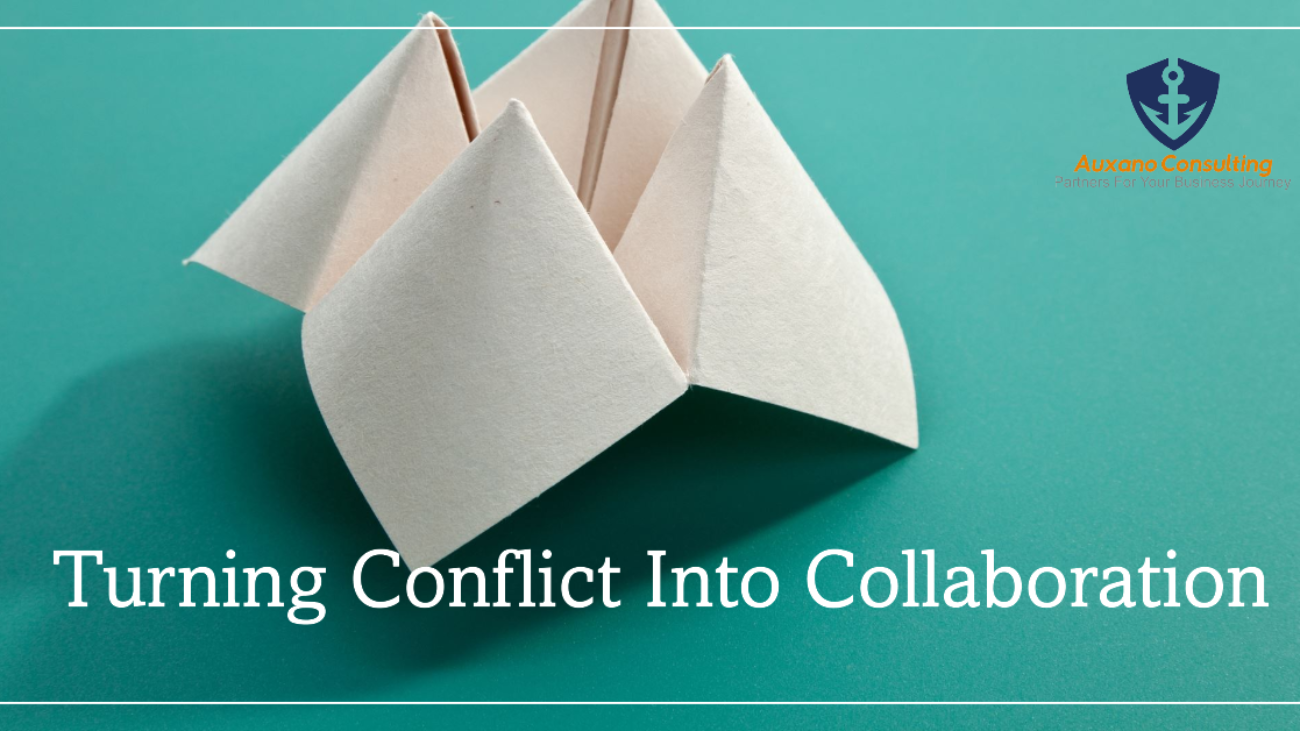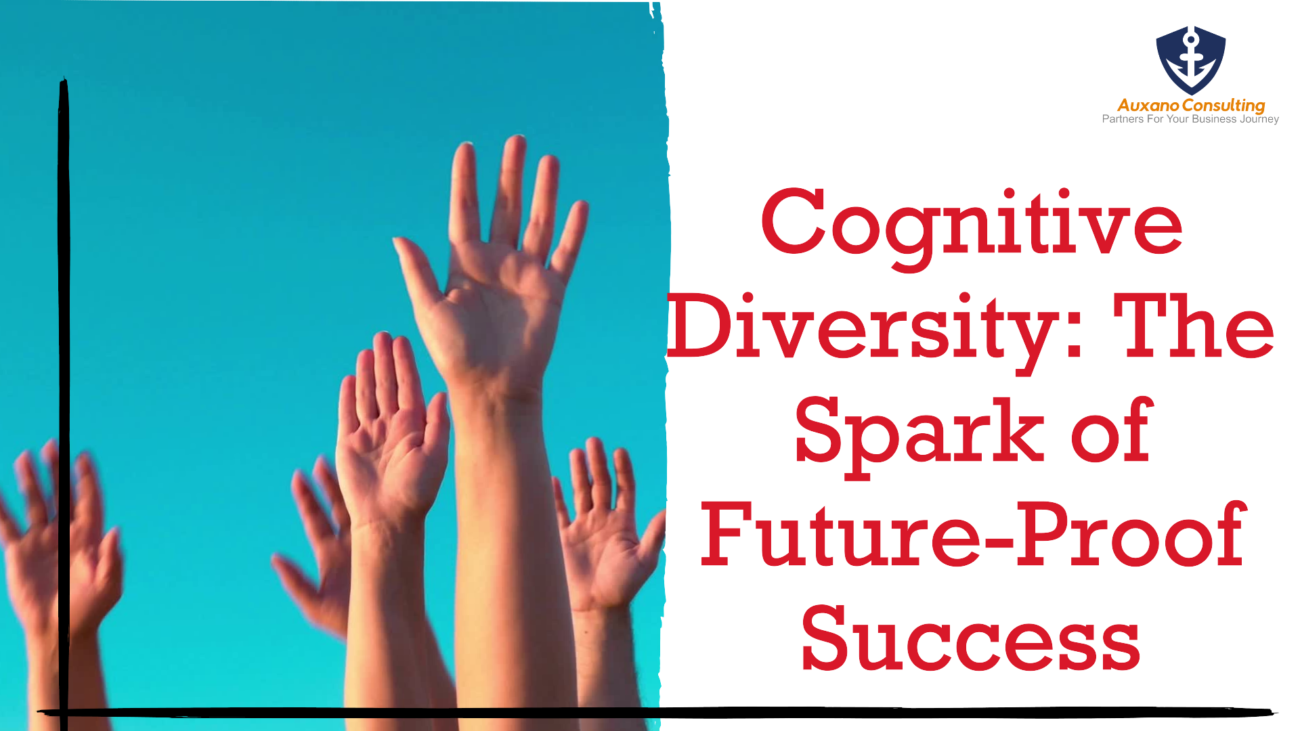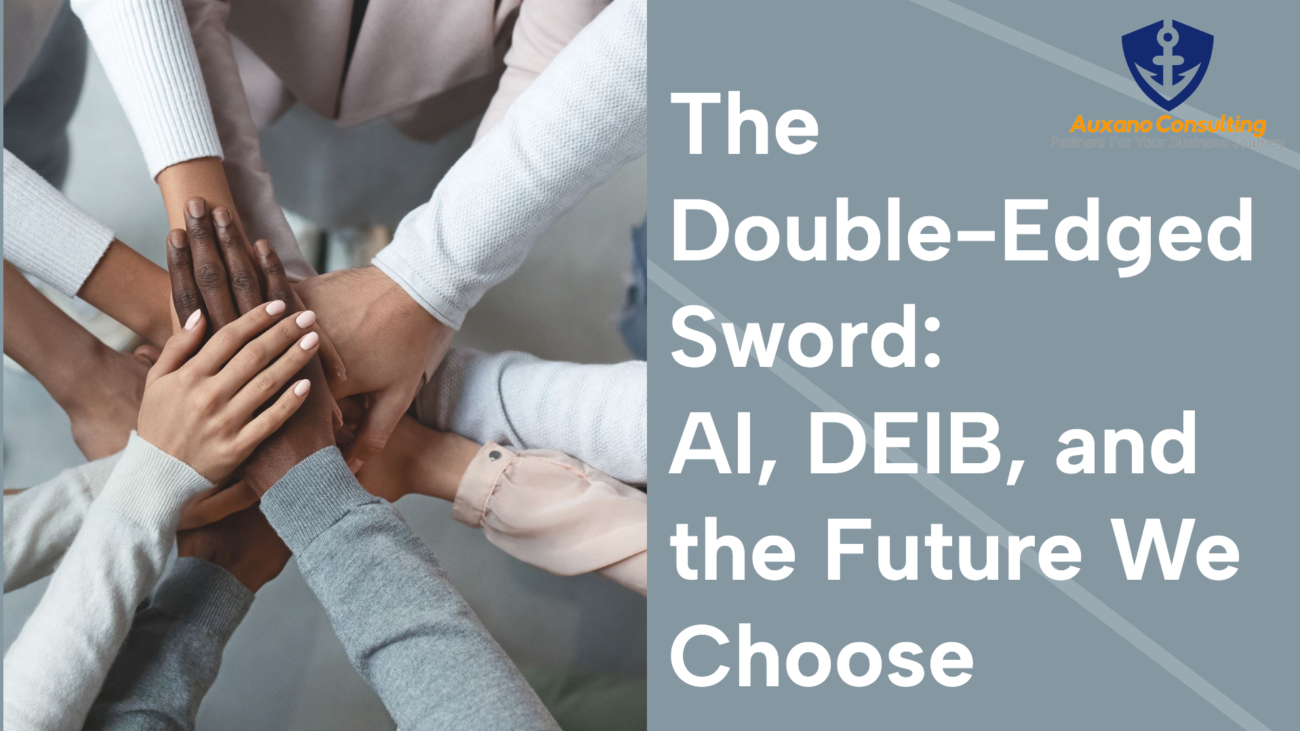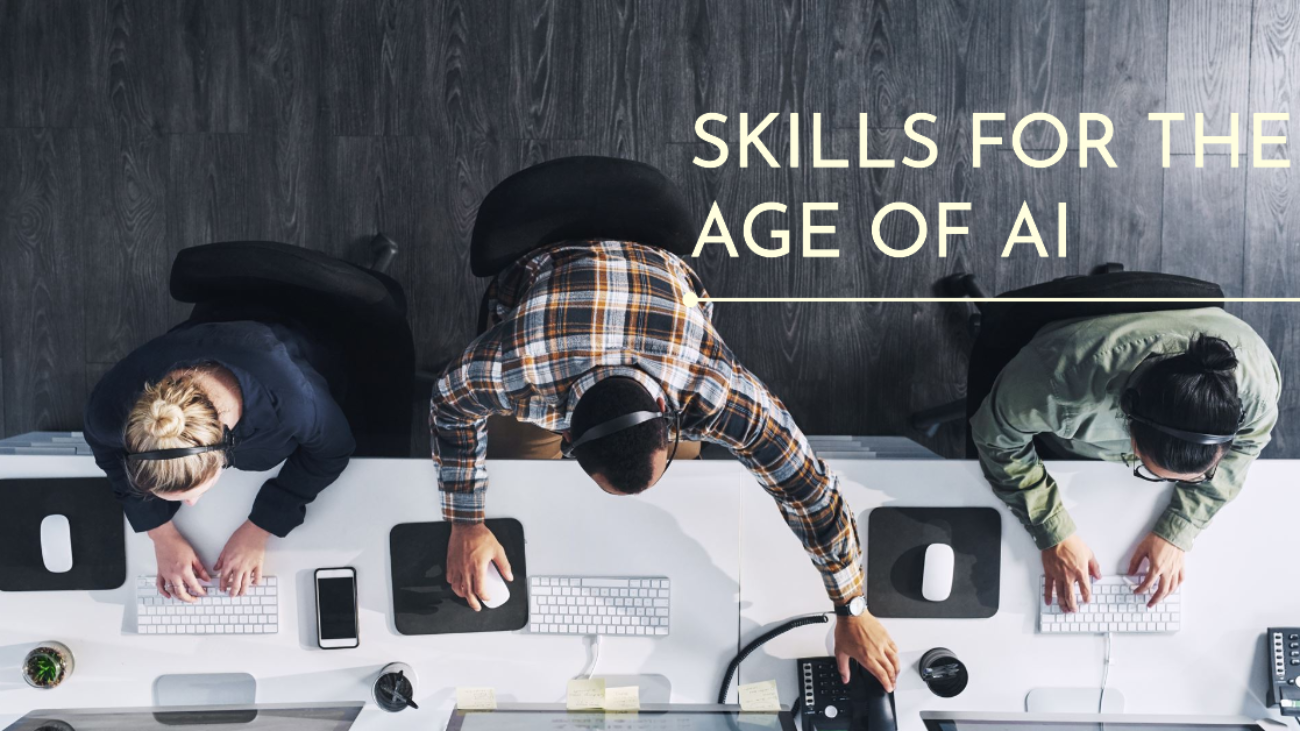The future can feel like a vast unknown, especially when faced with the complex challenges of our time. Climate change, technological disruption, and social inequalities all cast a shadow of uncertainty. But what if we could tap into a wellspring of resilience and hope? What if we could have a conversation with our future selves, learning from their wisdom and navigating the present with greater clarity?
This blog delves into the power of future thinking, a crucial skill for effective intergenerational decision-making. By actively considering the long-term consequences of our actions today, we can bridge the gap between generations and work together towards a sustainable future.
Why is Future Thinking Important?
In a world grappling with immense change, short-term thinking simply won’t suffice. Decisions made today will have lasting impacts on generations to come. Future thinking allows us to develop strategic foresight. By considering different scenarios, we can anticipate potential challenges and opportunities, enabling proactive planning. This proactive approach allows us to be more than just reactive to crises; we can become architects of a better future.
Future thinking also encourages us to embrace a global outlook. Environmental and social issues transcend borders. Air pollution doesn’t respect national boundaries, and climate change poses a threat to all nations. By adopting a global perspective, future thinking allows us to consider the well-being of the entire planet and fosters international cooperation to address pressing global challenges.
The Benefits of Future Thinking
The benefits of future thinking extend far beyond simply avoiding pitfalls. By considering different future possibilities, we can identify potential opportunities for innovation and growth. This forward-thinking approach allows us to stay ahead of the curve, develop cutting-edge solutions, and ensure our long-term competitiveness in a rapidly changing world.
Furthermore, future thinking fosters a sense of agency and empowers us to shape our own destinies. When we envision a range of future possibilities, we realize that we are not passive bystanders but active participants in shaping the world around us. This awareness empowers us to make responsible choices today that will contribute to a brighter future for all.
The Urgency of Now?
The current generation inherits both opportunities and challenges from those who came before. Ignoring the long-term consequences of our actions can lead to devastating environmental and social consequences. Climate change, resource depletion, and technological disruptions demand a future-oriented approach.
However, our ability to think about the future can be hampered by a negative future bias. Feeling overwhelmed by climate change, economic volatility, and constant negative news can breed depression, burnout, and eco-anxiety. This negativity can skew our perception, leading us to focus on worst-case scenarios and hindering our ability to envision a positive future.
The Top 10 Risks highlighted in the World Economic Forum’s 2023 Global Risks Report underscore the urgency of future thinking. Issues like climate action failure, extreme weather events, and biodiversity loss necessitate intergenerational collaboration to address pressing issues.
These significant risks underscore the urgency of future thinking. Yet, amidst the challenges, there’s a spark of hope.
Hope: The Catalyst for Action
Yet, amidst the challenges, there’s a spark of hope. Research suggests that belief in a positive collective future is a powerful motivator. By fostering a sense of shared responsibility and optimism, we can ignite a collective will to tackle global challenges.
The Intergenerational Dialogue Exercise:
Imagine yourself in 2050, strong and hopeful. Talk to your future self about your fears and gain guidance for a sustainable future.
This exercise underscores the importance of moving beyond the present.
The Power of Collective Optimism:
Studies show that belief in a positive collective future is a powerful motivator. When we envision a sustainable future and believe in our ability to achieve it, we’re more likely to take action and make responsible decisions.
Conclusion:
Future thinking doesn’t require a crystal ball. It’s about using our imagination, knowledge, and collaborative spirit to build a better future for all. Through visualization exercises, scenario planning, and a commitment to global well-being, we can foster a sense of hope and empower ourselves to make intergenerational decisions that ensure a thriving planet for generations to come.
Remember, you are not just a bystander in the unfolding story of our planet. You are a co-author. Embrace the power of future thinking and start shaping a sustainable future today.
Want to learn more about the power of future thinking? Connect with Linnet Dave, Auxano’s Director and Executive coach on linnet@auxano-consulting.com or connect with her at +919820668179 if you need to get a customized learning Intervention done for your organization.
(Written by Vineeta, Feature Image sources and credits: AI Generated)

